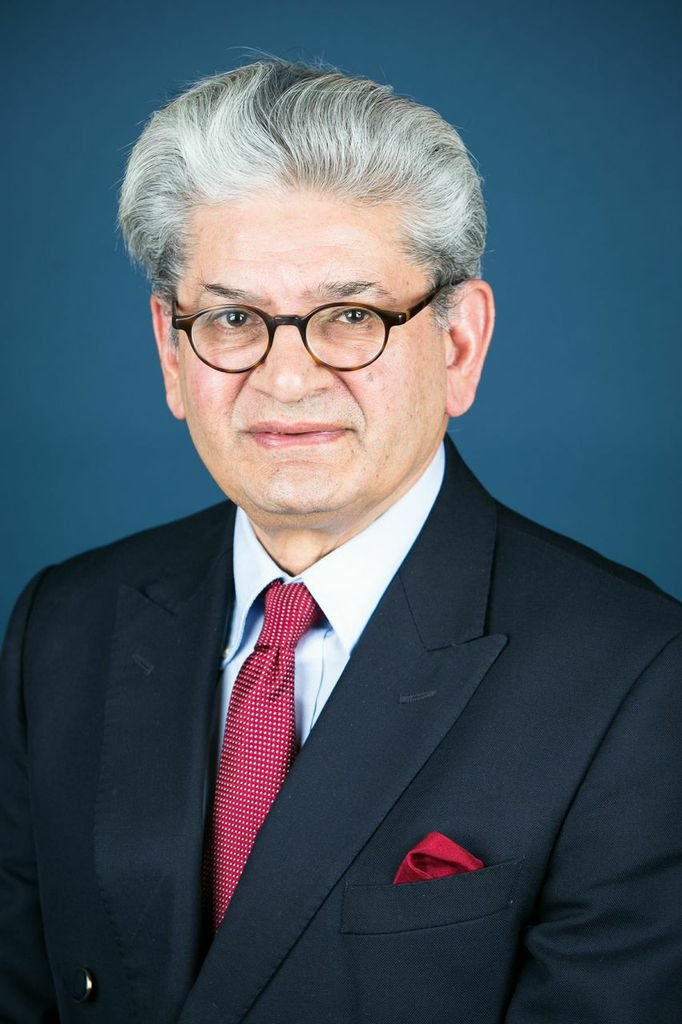Capital openness has long been associated with financial and banking crises. Most recently, the financial crisis raised concerns among policymakers about the effects of capital openness and the growing income inequality within countries. This reaction is not baseless: over the past three decades, increases in financial liberalization and economic downturns have coincided with income inequality aggravation. In response, there has been an increase in capital controls and the re-regulation of the financial account.[1] This return to orthodoxy could be a setback for supporters of global coordination.
The troubling decision of choosing sides between closing rather than opening has not been exclusive of policymakers. Capital controls are making an intellectual comeback, too: “The general presumption was that capital account liberalization was always good, and capital controls were nearly always bad. I’ve seen the thinking change, partly because it was already wrong then, and because it was particularly wrong in the crisis,” said Olivier Blanchard, former professor of the Massachusetts Institute of Technology (MIT) and former Chief Economist of the International Monetary Fund (IMF). As Blanchard said, openness has traditionally been seen as Pareto improving since it expands possibility frontiers. In contrast, closing or restricting the capital account is considered by many to be detrimental to countries’ economies. It can, for instance, discourage inward investment, as investors may fear they will not be able to easily withdraw their money during an economic downturn.
[1] The concept of capital flow liberalization is used in this paper interchangeably with capital account liberalization and financial account liberalization.
 Kevin Gallagher
Kevin Gallagher Guillermo Lagarda
Guillermo Lagarda
 Arjun Jayadev
Arjun Jayadev Akbar Noman
Akbar Noman Joseph Stiglitz
Joseph Stiglitz